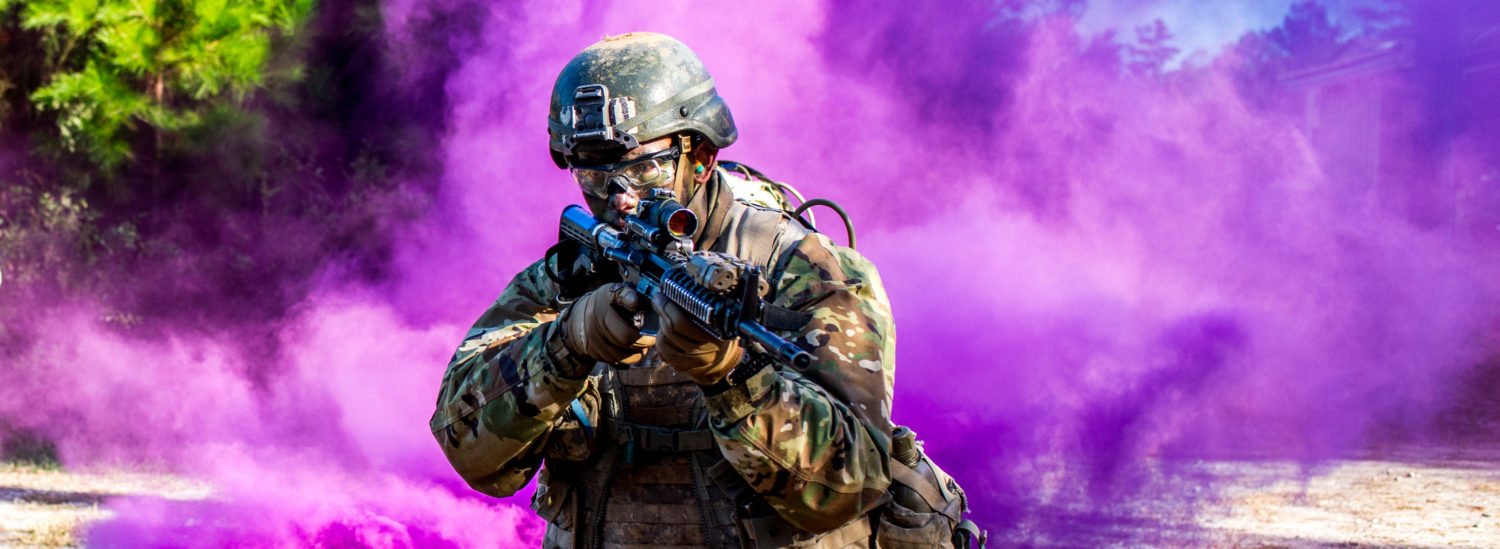The Field Artillery (FA) Branch is a great branch for junior officers to develop personally and professionally. The FA branch offers assignment diversity from the typical staff job or platoon leader position, as compared to other branches. It also offers lieutenants the ability to serve in positions that have effects at echelons above their peers. The FA branch is only growing as the U.S. Army focuses more on the importance of fires on the battlefield.










